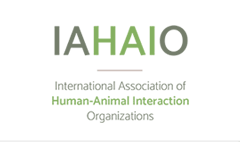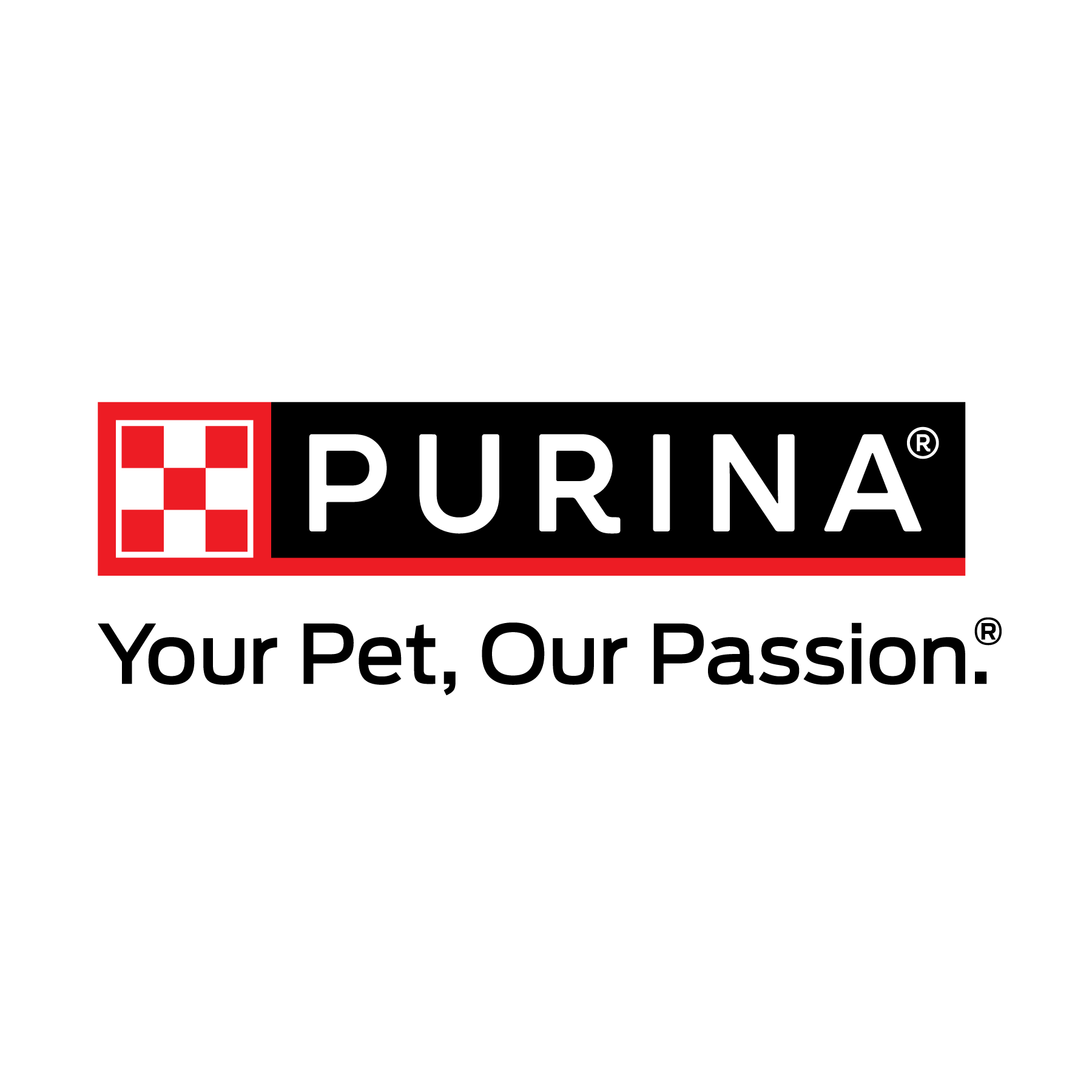Abstract
Animal-assisted interventions (AAI) have developed considerably in the last half century, prompting various private and public realities dealing with AAI worldwide to work on and establish standards and best practice. However, AAI are still far from being regulated harmoniously. In this context, Italy offers a unique example at world level: here the spread of AAI has set in motion an ethical and legal reflection that led to the creation of the Italian National Reference Centre for AAI (NRC AAI) by ministerial decree in 2009 and the approval of National Guidelines for AAI in 2015. The Italian legislation on AAI is based on the One Health approach, which has been part of Italian health culture and institutions since the Renaissance. The synergy between human and veterinary medicine is the core of this theme: in other words, One Health represents a multidisciplinary approach aimed at best protecting the health and well-being of all those who share our planet. In Italy, human and veterinary medicine have both been placed under the umbrella of the Ministry of Health since its establishment in 1958. The same idea of collaboration is at the heart of the Italian legislative approach to the AAI field, given the inherent multidisciplinarity of these interventions. This applies to all indications provided by the National Guidelines, for example the distinction between the various types of interventions, the animal species involved, the roles within the multidisciplinary team, and the training programs for each professional figure. In addition, the National Guidelines are intended to be amendable according to the needs arising over time from daily practice: in fact, the constant contact and dialogue between institutions and AAI professionals is another pillar of the Italian approach.
Recommended Citation
Simonato, Martina; De Santis, Marta; Contalbrigo, Laura; Benedetti, Daniele; Finocchi Mahne, Elisabetta; Santucci, Vincenzo Ugo; Borrello, Silvio; and Farina, Luca
(2018)
"The Italian Agreement between the Government and the Regional Authorities: National Guidelines for AAI and Institutional Context,"
People and Animals: The International Journal of Research and Practice: Vol. 1
:
Iss.
1,
Article 1.
Available at:
https://docs.lib.purdue.edu/paij/vol1/iss1/1
Included in
Alternative and Complementary Medicine Commons, Animal-Assisted Therapy Commons, Bioethics and Medical Ethics Commons, Legislation Commons, Public Health Commons, State and Local Government Law Commons


